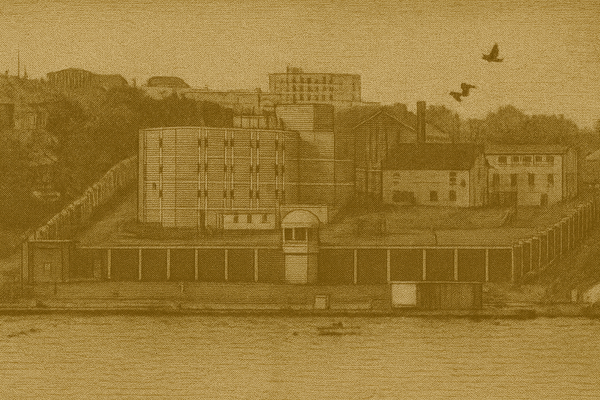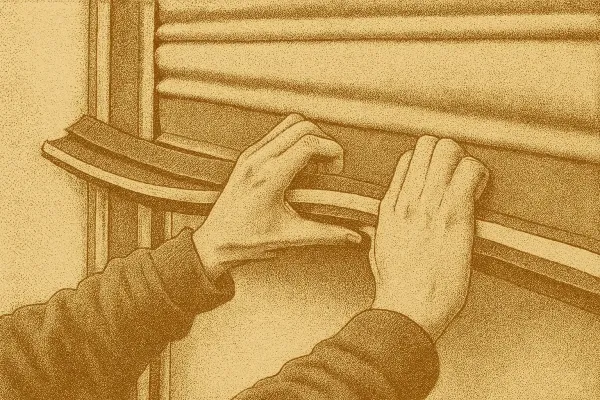Based on coverage from CBC and the Saint Albert Gazette.
In a case that has drawn attention to the conditions within Newfoundland and Labrador's largest jail, a father is suing the provincial government over the death of his son, Seamus Flynn, who died while incarcerated at Her Majesty's Penitentiary (HMP) in St. John's. Jerome Flynn, the father, alleges that his son succumbed to complications from inhumane conditions and brutal assaults by staff, compounded by a lack of timely medical care.
Seamus Flynn's death on December 2, 2023, has become a flashpoint for criticism of the antiquated facility, which has long been notorious for its poor conditions. Built in 1859, HMP is one of Canada's oldest operating jails, plagued by issues like rodent infestations and mould. These conditions, alongside allegations of mistreatment, have been denounced by inmates, lawyers, and politicians alike.
The lawsuit, filed by Jerome Flynn, paints a grim picture of life inside HMP. It claims that Seamus was left unattended despite being in "obvious need" of urgent medical care, following severe beatings by guards. The father’s lawyer, Will Hiscock, emphasized that the case is not just about seeking damages but about accountability and transparency. "This is a systemic issue," Hiscock stated, advocating for a public inquiry to shed light on the conditions inmates face.
The provincial government, however, denies any wrongdoing. In its statement of defence, the government acknowledges its responsibility for correctional services but refutes the claim that its actions, or lack thereof, led to Flynn's death. The Royal Newfoundland Constabulary investigated the incident but found no grounds for charges.
The narrative becomes more complex with testimonies from fellow inmates. Richard Driscoll, an inmate representative, and Robert Belbin, who was incarcerated on the same range as Flynn, corroborated the allegations of assault. They described an incident on October 11, 2023, when Flynn was allegedly beaten by guards following a protest. Belbin recounted how Flynn was taken to solitary confinement, visibly injured, and later returned to the range during a flu outbreak.
Flynn's health reportedly deteriorated rapidly after this incident. Inmates, including Belbin, described how Flynn was visibly ill, struggling to breathe, and unable to leave his bed. On the day of his death, inmates banged on their cell doors, trying to alert guards to Flynn's distress. "He could have been rushed to the hospital sooner," Belbin lamented, recalling the haunting image of Flynn being taken away.
The case also highlights broader issues within the Canadian correctional system. Flynn's death is one among over 2,100 recorded deaths in custody across Canada since 2000. His story echoes the calls for reform and accountability that have been growing louder in recent years.
For Jerome Flynn, the lawsuit is a quest for answers and justice for his son, who, despite his struggles with addiction and criminal charges, was remembered by his family as kind and gentle. His mother, Cindy Flynn, shared that Seamus had been suffering from severe pneumonia and became septic, conditions that were exacerbated by the alleged neglect and mistreatment.
As the legal proceedings unfold, the case serves as a stark reminder of the urgent need for reform in Canada's correctional facilities. It challenges the public to consider the human cost of systemic failures and the moral imperative to ensure humane treatment for all individuals, regardless of their circumstances.








